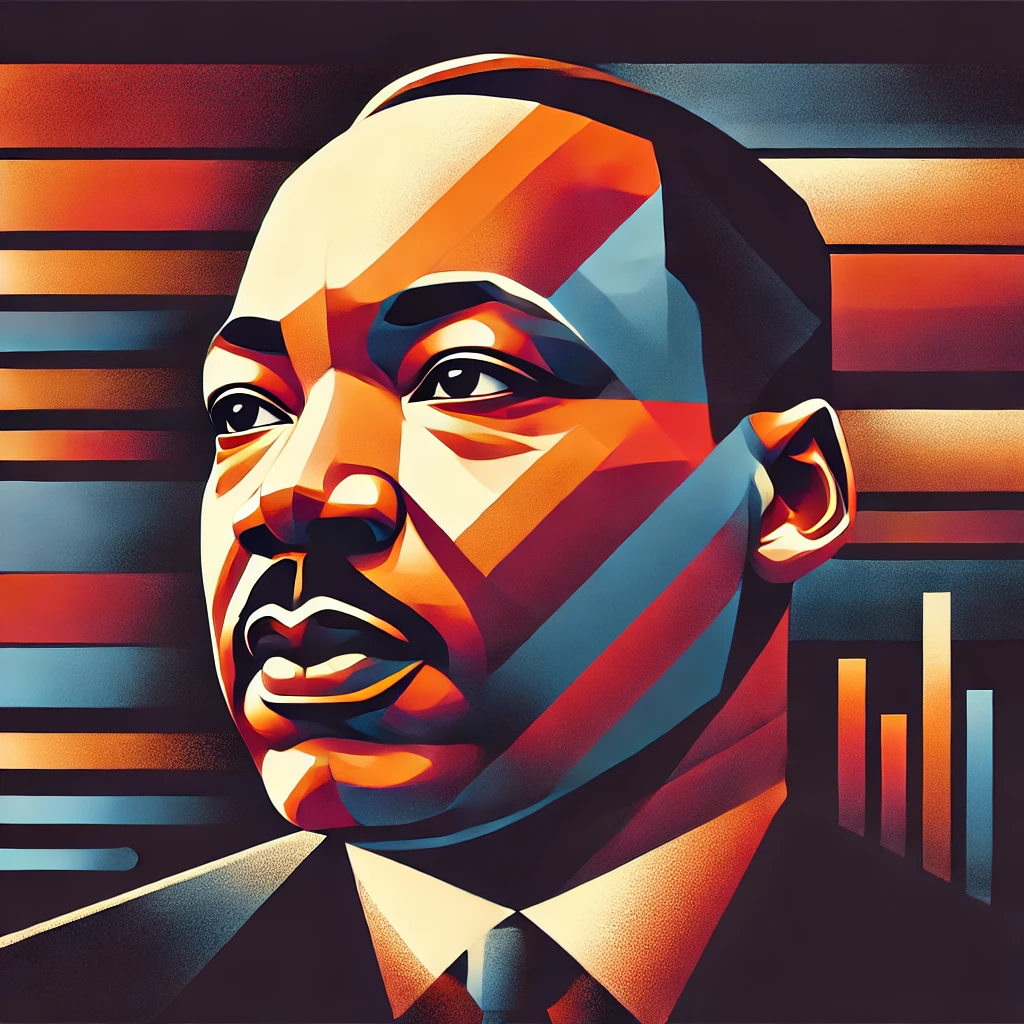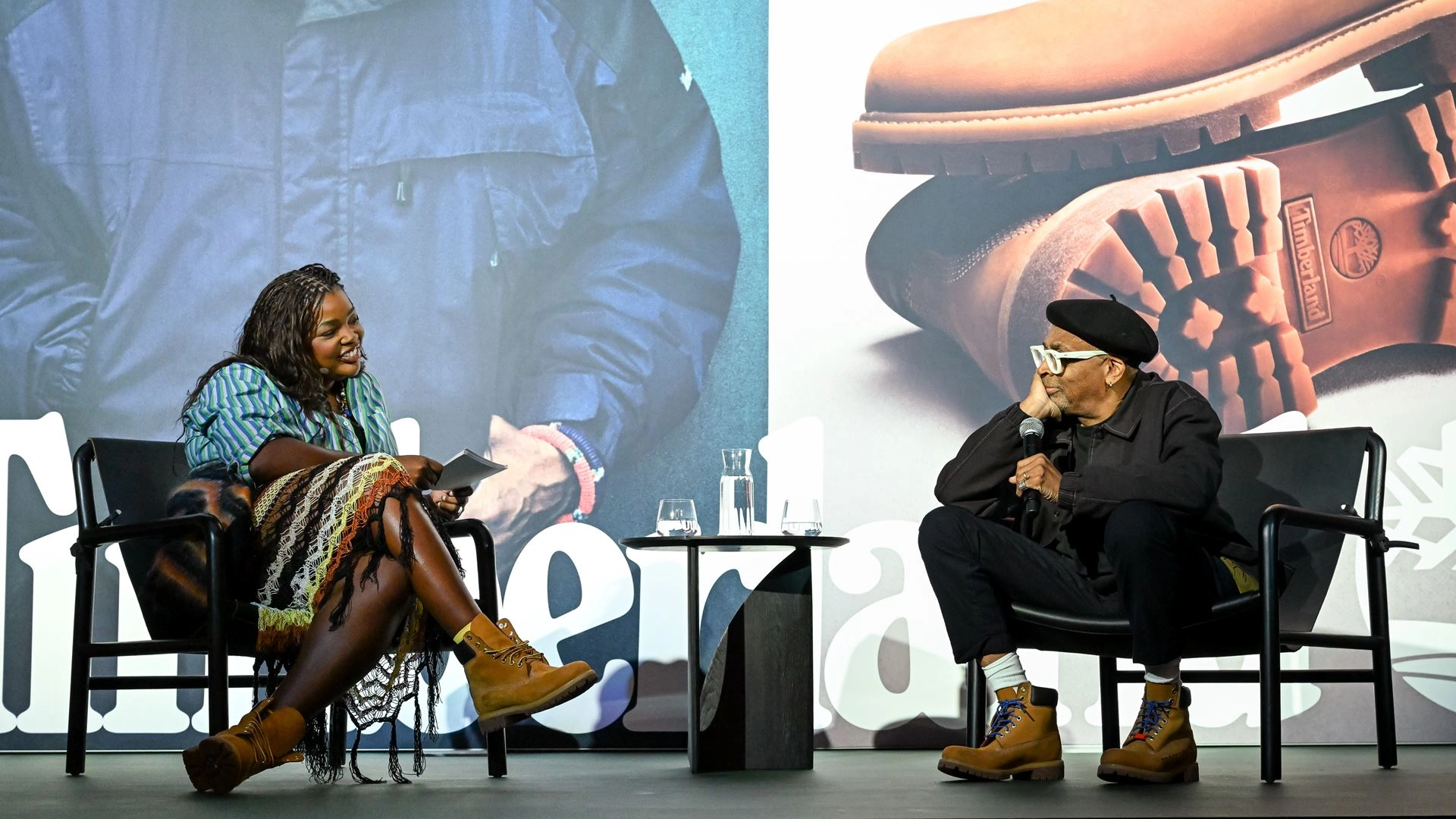Music has long been a central force in social and political movements, acting as a rallying cry for change, a medium for education, and a tool for inspiring collective action. In the campaign to establish Martin Luther King Jr. Day as a national holiday, music played a particularly critical role. Stevie Wonder’s 1981 song “Happy Birthday” not only served as an anthem for the movement but also helped break through political resistance, unify communities, and highlight the importance of Dr. King’s legacy.
Dr. Martin Luther King Jr. is widely recognized as one of the most influential figures in American history, known for his pivotal role in the Civil Rights Movement and his unwavering commitment to nonviolent resistance. After his assassination in 1968, there was widespread public mourning and a desire to honor his legacy. Many Americans believed that King deserved recognition through a national holiday, particularly because of his profound contributions to advancing civil rights, equality, and justice.
However, the journey toward establishing Martin Luther King Jr. Day as a federal holiday was fraught with obstacles. While some states and cities began commemorating King’s birthday informally, there was significant resistance at the federal level. Lawmakers opposed the idea for various reasons, ranging from concerns about the cost of a new holiday to outright opposition to honoring King himself. Some critics argued that King did not merit a federal holiday, while others used coded language to express their discomfort with celebrating a figure so closely tied to racial justice.
Despite public support, the push for a national holiday stalled in Congress for years. By the late 1970s, a bill to establish Martin Luther King Jr. Day was introduced but failed to gain the necessary majority. It became clear that more significant public pressure and grassroots organizing were needed to overcome political resistance.
Stevie Wonder’s Advocacy: Music as a Call to Action
Stevie Wonder, one of the most influential and celebrated musicians of the 20th century, became a central figure in the campaign to establish Martin Luther King Jr. Day. Known for his artistry and activism, Wonder had long been a proponent of social justice and equality. In 1981, he released the song “Happy Birthday” to honor Dr. King’s legacy and to galvanize public support for the holiday.
“Happy Birthday” was not just a celebration of King’s life but also a political statement. Wonder used the song to call out lawmakers and citizens who were hesitant or resistant to recognizing King’s contributions. The song’s lyrics are both a joyful celebration and a pointed challenge, urging listeners to reflect on why such an important figure had not yet been formally recognized with a holiday. The chorus encapsulates the message:
“I just never understood / How a man who died for good / Could not have a day that would / Be set aside for his recognition.”
The simplicity and universality of the song’s message allowed it to resonate with a broad audience. Its upbeat melody and celebratory tone made it accessible, while the lyrics carried a powerful political message. Wonder’s musical genius ensured that the song could transcend boundaries and inspire people from diverse backgrounds to join the campaign.
The Cultural Impression of “Happy Birthday”
“Happy Birthday” quickly became an anthem for the movement to establish Martin Luther King Jr. Day. The song was not only a commercial success but also a cultural phenomenon. Wonder performed it at rallies, concerts, and events dedicated to Dr. King, using it as a tool to amplify the campaign’s message. The song’s popularity brought renewed attention to the issue and helped to galvanize support from people who might not have otherwise been actively engaged in the movement.
One of the most significant moments in the campaign occurred on August 28, 1983, at the 20th anniversary of the historic March on Washington for Jobs and Freedom. Stevie Wonder performed “Happy Birthday” before a massive crowd gathered to commemorate the legacy of Dr. King and demand a national holiday in his honor. The performance was electrifying, reminding attendees of the power of music to unite and inspire. The event was a pivotal moment in the movement, as it demonstrated the widespread public support for the holiday and put additional pressure on lawmakers to act.
Beyond its immediate impact, “Happy Birthday” became a symbol of cultural resistance and resilience. The song was sung at marches, rallies, and celebrations, becoming a unifying force for those advocating for King’s recognition. It also introduced younger generations to the significance of Dr. King’s work, ensuring that his legacy remained alive in the hearts and minds of Americans.
Building Momentum: Music and Grassroots Organizing
The release of “Happy Birthday” coincided with broader grassroots efforts to establish Martin Luther King Jr. Day. Coretta Scott King, Dr. King’s widow, played a central role in the campaign, working tirelessly to advocate for the holiday. She collaborated with Stevie Wonder and other activists to amplify the movement’s message and build public support.
Music became a cornerstone of the grassroots strategy. Songs like “Happy Birthday” were used at rallies and events to energize crowds and convey the urgency of the cause. Wonder’s involvement also drew attention from other artists and celebrities, who lent their voices to the movement. The campaign gained momentum as public figures, community leaders, and ordinary citizens came together to demand action from Congress.
In addition to music, the campaign relied on petitions, marches, and lobbying efforts. The combination of cultural influence and political activism proved to be a powerful force. By the early 1980s, the movement had garnered widespread support, with millions of Americans signing petitions and participating in demonstrations. Stevie Wonder’s song served as a rallying cry, uniting diverse communities in a shared commitment to honoring Dr. King’s legacy.
The Legislative Victory: The Establishment of Martin Luther King Jr. Day
The pressure generated by the grassroots campaign, coupled with the cultural impact of “Happy Birthday,” ultimately led to a legislative breakthrough. In 1983, a bill to establish Martin Luther King Jr. Day as a federal holiday was reintroduced in Congress. This time, the movement’s momentum was too strong to ignore. Activists, including Coretta Scott King and Stevie Wonder, continued to lobby lawmakers and mobilize public support.
The turning point came when President Ronald Reagan signed the bill into law on November 2, 1983. The legislation established the third Monday of January as Martin Luther King Jr. Day, beginning in 1986. The victory was a testament to the power of collective action and the role of cultural figures like Stevie Wonder in shaping public opinion and influencing policy.
The Lasting Legacy of “Happy Birthday”
Today, Martin Luther King Jr. Day is a time for reflection, service, and celebration. It serves as a reminder of Dr. King’s enduring legacy and the ongoing struggle for equality and justice. Stevie Wonder’s “Happy Birthday” continues to be an integral part of the holiday’s observance, often performed or played at events commemorating Dr. King.
The song’s legacy extends beyond its role in the campaign for the holiday. It is a powerful example of how music can be a catalyst for social change, transcending boundaries and inspiring action. Wonder’s decision to use his platform and talent to advocate for justice demonstrates the unique ability of artists to influence history and shape public consciousness.
The Transformative Power of Music
The campaign to establish Martin Luther King Jr. Day as a national holiday was a landmark achievement in American history, and music played a central role in its success. Stevie Wonder’s “Happy Birthday” exemplifies the transformative power of art to inspire, unite, and drive social change. By using his music to honor Dr. King and rally public support, Wonder helped overcome political resistance and ensure that King’s legacy would be formally recognized.
The story of “Happy Birthday” and its role in the campaign serves as a reminder that cultural activism can be as powerful as political advocacy. Music has the ability to touch hearts, move minds, and bring people together in pursuit of a common goal. In the case of Martin Luther King Jr. Day, it was a song—a joyful, defiant celebration of a great leader—that helped alter the course of history.
This essay captures the multifaceted role that Stevie Wonder’s “Happy Birthday” played in the movement to establish Martin Luther King Jr. Day, highlighting the interplay of music, culture, and politics in achieving social progress.
No comments yet.








